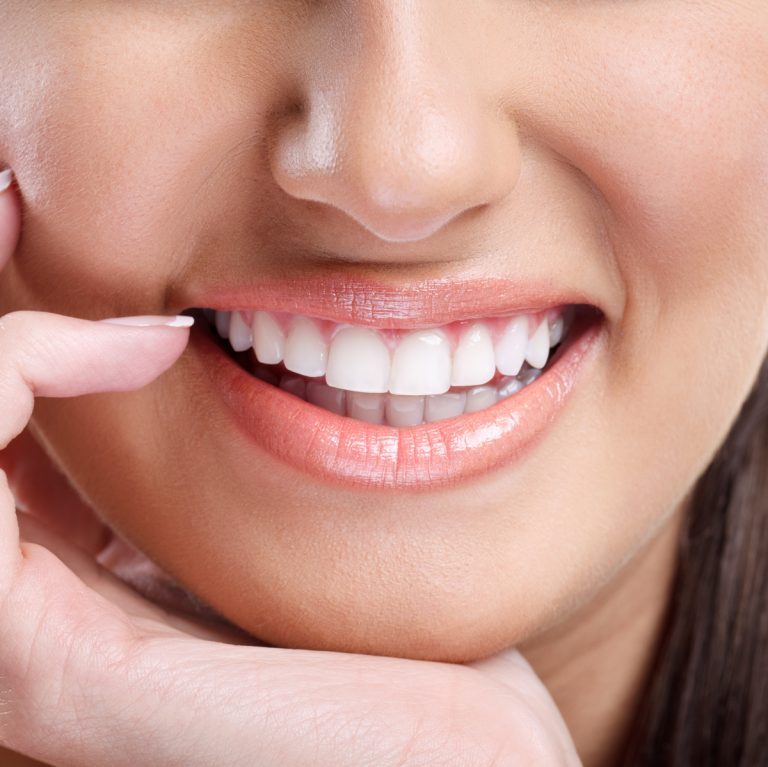
Looking For A New Dentist In Sparta, New Jersey?
Sparta Dental Associates - What Do Dental Implants Look Like?
Sparta Dental Associates - Are Dental Implants Painful?
Sparta Dental Associates - How Are Implants Installed?
Sparta Dental Associates has been Sparta New Jersey’s home for comprehensive dental care since 1995. Our dentists, are distinguished as Masters of the Academy of General Dentistry — a recognition that only 1% of dentists in the world will ever achieve — and as such, you can rest assured that your smile is always in the best of hands.
There are very few instances where our patients ever need to be referred elsewhere for their care. Even our patients with special needs find that we can comfortably attend to their concerns. With a keen eye for detail and extensive experience, we provide a wide range of dental services, including teeth cleanings, teeth whitening, sedation dentistry, dental veneers, Invisalign and more! But that’s not all. We also provide facial cosmetic treatments that can improve your self-confidence and enhance your looks. These services encompass therapies such as dermal fillers and other treatments that can aid patients in managing persistent symptoms of TMD.
So, if you’re looking for exceptional, full-service dental care in Sussex, Morris, or Warren counties, you’ve come to the right place. Please don’t hesitate to call or contact our office today to book your next appointment or discuss any questions or concerns you may have with our friendly and professional staff.
Still, wondering if Sparta Dental Associates is right for you? Take a look at our testimonials to see what our satisfied patients have to say!
Google Verified Patient Reviews
When Dental Implants Could Be Necessary
Your natural teeth not only provide structural support for the height and contour of your smile but also enable you to eat and speak comfortably.
However, a gap in your smile can lead to the misalignment of adjacent teeth, increasing the risk of oral health problems. Losing even a single tooth can set off a series of events in your mouth that can have detrimental effects on your oral health, facial aesthetics, and overall quality of life.
Moreover, even if you don’t immediately experience the consequences of missing teeth, there’s an unavoidable issue to contend with: bone resorption. This natural process involves your body breaking down non-essential bone tissue to utilize minerals elsewhere in your body.
When your jawbone is inhabited by teeth, they exert pressure on it, prompting the generation of new bone tissue. However, once those teeth are absent, the bone tissue loses its purpose and gradually dissipates. The outcome? A shortened jaw and chin that can lead to wrinkles and impart a sunken appearance to your cheeks and lips.
Dental implants represent the next best option to natural teeth. By replacing lost teeth with implants, you can prevent or rectify the aforementioned problems, safeguarding both your oral health and facial aesthetics.
What To Expect On Your Dental Implant Treatment Journey
Don’t be alarmed, as the implant placement process is far more comfortable than you might have anticipated.
Starting The Process
To begin, you’ll undergo a dental implant consultation to assess whether implants are the right solution for your specific circumstances. During this evaluation, your dentist will employ X-rays and a 3D cone-beam CT scan of your jaw to evaluate the condition of your bone tissue and carefully plan your treatment. Furthermore, the dental team will acquire a scan or impression of your teeth to assist in determining the ideal implant angulation.
Putting The Implant In
To ensure complete numbness at the surgical site, we administer an anesthetic. Following this, the dentist creates a small opening in both the gum and bone within your mouth. The implant post is then carefully inserted into this opening. Sutures may be required at times, although not always, to close the gum tissue.
Finishing Up
You return to your residence to allow the implant to heal over the ensuing months. At your subsequent visit to our practice, we will have your dental restoration prepared and waiting. We will then complete the installation of the restoration, and you’ll depart with a completely functional, new tooth.
Contact us today
to schedule an initial consultation & exam.
Your consultation will include an examination of everything from your teeth, gums and soft tissues to the shape and condition of your bite. Generally, we want to see how your whole mouth looks and functions. Before we plan your treatment we want to know everything about the health and aesthetic of your smile, and, most importantly, what you want to achieve so we can help you get there.
The Cost Of An Implant In Sparta
In Sparta, the cost of a single dental implant typically ranges from approximately $3,000 to $6,000 or more. For full-mouth reconstructive dental implants, the expenses can vary considerably, ranging from $6,000 to $60,000 and beyond. If you’re considering a full set of implant-supported dentures, the average cost tends to be around $30,000. However, it’s essential to note that dental practices cannot provide precise quotes over the phone due to the complex nature of dental implant procedures, which are influenced by unique individual factors.
So, how is the cost of dental implant surgery determined? Several crucial factors play a role:
- The type and quantity of implants required.
- The materials and supplies utilized in the procedure.
- The expertise and experience of the dental team guiding you through the process.
- The location and complexity of the surgical intervention.
- Your recovery period, during which we’ll be available to support you.
Since each case is distinct, it’s advisable to consult with a dentist and undergo an oral examination to assess your specific situation. This evaluation will enable us to present various treatment options tailored to your needs, ultimately providing you with a more accurate cost estimate.
Are there alternative solutions for addressing missing teeth? Depending on your circumstances:
- Gaps resulting from 1 to 3 missing teeth may potentially be resolved with a dental bridge.
- Extensive tooth loss in the upper or lower arch, or even the entire mouth, can be addressed with dental prosthetics or removable dentures.
When comparing the cost of dental implants to other tooth-replacement options, it’s crucial to weigh the pros and cons. While dental implants may involve a higher initial investment, they offer enhanced stability and durability compared to bridges or dentures. Removable dental prosthetics necessitate distinct care and maintenance, potentially requiring adjustments or replacements as you age.
In contrast, caring for a dental implant is akin to tending to your natural teeth, involving routine oral hygiene at home and regular dental check-ups. With proper maintenance, a dental implant can endure a lifetime.
Frequently Asked Questions
No one will ever suspect that your implants aren’t your original teeth. These dental implants consist of metal screws, discreetly positioned beneath your gums and adorned with lifelike restorations that flawlessly integrate into your smile.
Dentures and implants are two different solutions with contrasting functionalities. Dentures rest on the gum surface and exert pressure on the underlying bone, while implants are securely anchored beneath the gums, enhancing your bite strength. Each tooth replacement option comes with its unique set of advantages and disadvantages. To determine the best treatment option for your individual needs, we encourage you to schedule an in-person consultation with us.
In cases where dental implants may not be the preferred choice for patients, dental bridges and full or partial dentures can present viable alternatives for replacing missing teeth. To identify the most fitting solutions for your unique situation, reach out to us and arrange an appointment. We are enthusiastic about discussing all available options with you and providing answers to any specific questions you may have.
To undergo an implant procedure, you must be an adult with sound general oral health. Your jawbone needs to be sufficiently strong to accommodate a new implant, and the health of surrounding oral tissues, especially your gums, is crucial in reducing the risk of complications. If you harbor any uncertainties about your suitability, please contact us for a comprehensive assessment. Typically, there are treatment pathways to improve your oral health, ultimately making you an eligible candidate for a dental implant. Additionally, alternative solutions for tooth replacement are often available.
Absolutely! Your dental implant can be crowned, bridged, or used to support dentures, all of which are individually tailored to ensure your comfort. This means that your custom-crafted teeth are carefully shaped and colored to harmonize with your existing teeth and align perfectly with your bite. Patients frequently find it difficult to distinguish their natural teeth from their beautifully designed dental implants.
Dental implant technology has advanced so swiftly that the procedure has become highly reliable and remarkably painless. Our dental implant procedure is executed with meticulous care and precision to minimize discomfort. Following proper aftercare, you can anticipate minimal swelling and almost no bleeding. We prioritize both your physical and emotional health. If you have any concerns or anxiety about visiting us, please don’t hesitate to communicate your feelings.
In the majority of scenarios, you can anticipate resuming work the day after your implant surgery. As we gain a clearer picture of your treatment specifics, we will offer a more accurate time estimate and advise you in advance if any additional scheduling adjustments are needed. Rest assured, we will cover all post-operative care instructions in detail with you.
How well your implants fare over time is contingent on your consistent upkeep. Like your natural teeth, implants should undergo routine professional cleaning and examinations. As a general guideline, we recommend check-ups approximately every 6 months, though this schedule may be adjusted to accommodate your unique needs.






